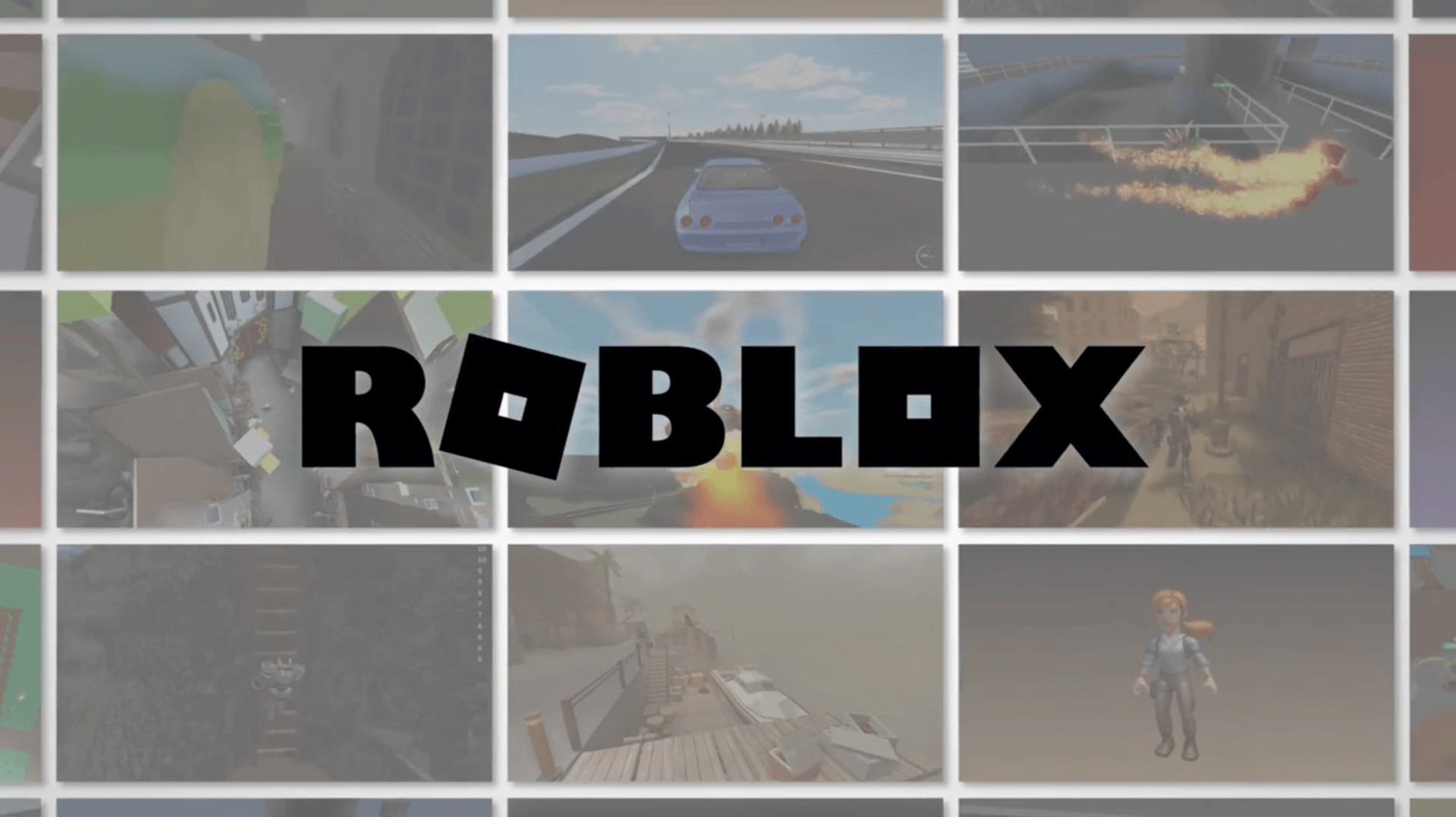[adrotate group = “15”]
Roblox owes its massive popularity (particularly to younger audiences) to its simple design and its in-game creation and distribution platform. Play with friends one of the 20 million games built out by other users, or design your own and profit off its popularity. What’s not to like?
Yet, as YouTube Channel People Make Games outlines, the image of Roblox isn’t as peachy as it seems. In fact, the way the Roblox Corporation operates its megahit is manipulative, problematic, and coercive in ways that if it were not a video game, would be deemed illegal.
To start, the heart of Roblox is its game development and distribution toolkit. The young audience developing games on Roblox “are not just hobbyist,” as presenter Quintin Smith notes. “They are doing real work that is driving the value of one of the biggest video game publishers in history… [with] nobody looking out for their health.”
Indeed, when Roblox Corporation went public, they were evaluated as a $41 billion company largely on the backs of games made by these kids. After all, without these games, Roblox would not have reached its remarkable popularity.
How the Roblox Corporation extracts labor out of its young userbase is extremely nefarious. In the video essay, Smith illustrates that Roblox’s entire marketing is based on selling the idea that if you make games on the platform, you can make money. Advertising that players can make millions in a year, learn how to monetize, and more by simply making their dream game using free in-house tools flood computer screens upon opening the Roblox client.
If only life were that easy.
Instead, once games are made, developers face the daunting task of getting their game seen among the over 20 million other games on the platform. New developers in particular have an issue as the marketplace highlights already popular games, which are often created by known or veteran development teams. On top of this, the marketplace does not have any search tools for highlighting new developers or games.
One way to get an advertising spot is to use in-game currency Robux (which is converted from real money). Yet, even that is considered a gamble as these advertisement spots are placed in an auction.
But say a game somehow makes it to the top of the mad scramble at the bottom and gains some traction within the community. Smooth sailing and money flowing to a bank account, right?
Unfortunately, no. One issue is commonplace among the industry: how do small developers compete against already established large developers? Roblox’s platform certainly does not help, as the outlined marketplace issue indicates. But also large developers can take popular game concepts and refine them quicker than any small developer (see: Fortnite plagiarizes Among Us), taking away the audience a smaller game has earned from its creativity.
But beyond this, any transactions made within a game are subject to a 30% fee by the company. This is pretty standard across the industry for platforms to take a cut of game profits. Yet, Roblox Corporation pays out in Robux, not real money. Even further, the minimum developers can withdraw is 100,000 Robuxs, meaning that any amount earned below that leads to a $0 real paycheck. A cherry on top: while 100,00 Robux costs around $1000 to purchase, Roblox buys back Robux at a lower rate, netting only $350 when sold back to the game.
These decisions at worst force, but at best incentivize, developers to keep Robux in their accounts even past the 100,000 threshold as that can be used to make more money via advertising or used to play other games and buy cosmetics. And, as a reminder, as Robux cycles through the system, the Roblox Corporation is continually taking a cut from its developers.
As Smith describes, this system of internal payment is similar to historical examples at mining camps where employees were paid in “company scrip,” or a form of currency issued by the company to be used at company stores. Similar to Robux, these scrip could be exchanged for national currency, but their value depreciated at the moment exchange. Company scrip have been outlawed since the 1930s.
When the marketing of infinite, easy money does not match the harsh reality of Roblox’s nefarious and unscrupulous capitalistic practices targeted at young and unaware children, one would hope that there would be a way out of this system. Roblox, in all their conniving, made it difficult to do so. Not only has time been invested and some modicum of Robux earned (reminder, converting Robux to cash is difficult), anything learned from the process of game development cannot be brought to other systems. Roblox’s in-game development tools do not transfer over to other games and games made cannot be brought over to other distribution platform like Steam.
All in all, the actions Roblox Corporation do to entice and unfairly monetize the work of often young children is despicable. It is a product of capitalism and the lax regulations the gaming industry has that allows this to happen.
Also read: 10 Resources to Teach Your Kid to Code
Follow TechTheLead on Google News to get the news first.





















